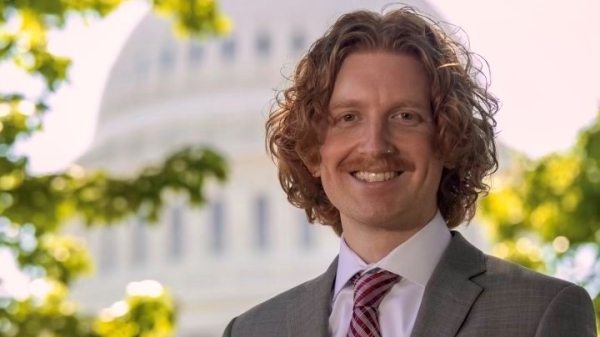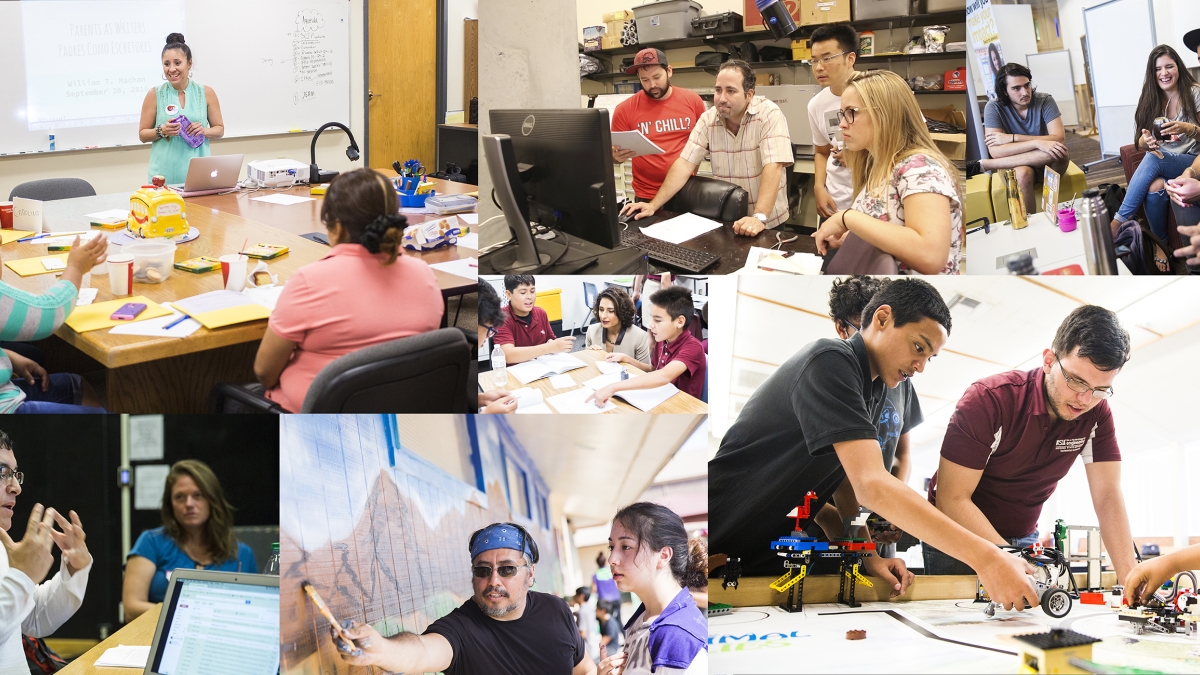There are more than 56 million Hispanic or Latino Americans today — and as many different ways to express that heritage.
It can be shown in distinctive terms (some say Latino, others Latinx or Latin@, a gender-neutral term). It can find expression in a field of study or occupation. Or it can simply be the cultural lens through which one views the world.
Adriana Samper, associate faculty in the W. P. Carey School of Business, grew up in Connecticut with her Colombian parents. It gave her an opportunity to better recognize how backgrounds and culture can affect the way we perceive the world around us.
“I think as an academic that’s something that you’re constantly trying to understand and investigate: why people do what they do, especially in psychology and marketing,” said Samper. “And understanding these two cultures and how people can react very different to the same type of stimulus or news story or simple comment can be very interesting and important to figure out why.”
At Arizona State University, enrollment of studentsIncluding online, on-campus, undergraduate and graduate. who identify as Hispanic or Latino rose 14 percent to 19,226, compared with fall 2015.
One of those students is Tracey Flores, who followed in the footsteps of her Sun Devil parents and is pursuing her doctorate in English education. She is researching Latina adolescent girls and their shared familial experiences through workshops where they write, draw and share stories.
Flores says her parents raised her with a sense of community through service.
“Knowing part of who we are is to serve others and to make this world better through this service and through our actions,” said Flores. “So in my own life the work that I do with youth and families and communities has been very much influenced by the way that I was raised, and the importance of my own family is very evident in the work that I do with families and the way that I work to create spaces to write and create stories.”
As Hispanic Heritage Month draws to a close, we asked members of the ASU community about their stories and what their heritage means to them.
What is your heritage?
How did you choose ASU?
How has your heritage affected your work?
What is something you’d want people to better understand about your heritage?
Former Congressman Ed Pastor enrolled at ASU without knowing what he wanted to major in and ended up pursuing a bachelor's in chemical engineering. He later received a juris doctor degree from the Sandra Day O’Connor College of Law and heading into politics.
“I’m very proud to say I’m the first Mexican-American to represent Arizona in Congress, and so for me it’s a great achievement because I helped break the glass ceiling,” said Pastor. “I always felt that being a Mexican-American, I was always proud of it. I never felt that anybody was any better than me or that I was any better than anybody else.”
More Sun Devil community

ASU grad combines academics, public service and entrepreneurship
Editor’s note: This story is part of a series of profiles of notable fall 2024 graduates.As a youngster, Javier Aguirre Martinez lived at the House of Refuge, next to the Arizona State…

ASU Outstanding Graduate plants the seeds of change advancing food sustainability through public policy
Editor’s note: This story is part of a series of profiles of notable fall 2024 graduates.Growing up in the “farm-to-fork capital” of Sacramento, California, Jacob DeFant developed an early…

ASU Outstanding Undergraduate is a trailblazer in climate action and technological innovation
Editor’s note: This story is part of a series of profiles of notable fall 2024 graduates.Lauren Richards, from Tampa, Florida, is a trailblazer at the intersection of science, technology,…
